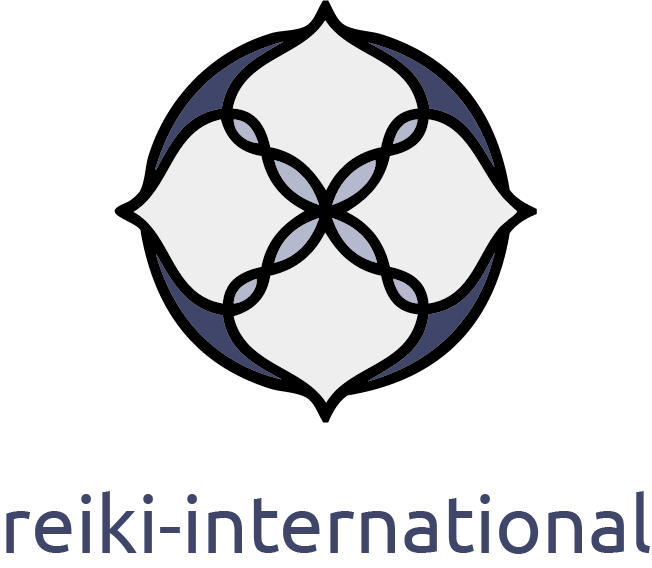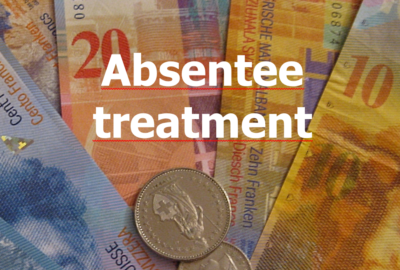Is it a non-verifiable service and therefore may not be charged? And how can this be solved?
The legal situation…
…varies from country to country and sometimes within countries. As internationally active Reiki teachers we point out in our seminars that the local regulations have to be followed. We also do this in our documents and publications.
A Reiki professional must clarify the registration of a trade, for example, the consideration of tax regulations or the liability insurance requirements with the responsible local office and consultant. Professional associations play an important role in this respect. It is also important to keep an eye on the legal and ethical framework for advertising energy services such as Reiki. The pamphlet Neue Wege in der Vermarktung von Reiki (2018 in German only) gives a detailed insight. It is available in our shop. Here is the link to the table of contents and to purchase.
“Energy Exchange”
This nebulous term often refers to the payment for the time spent on a Reiki treatment. It is generally recommended to clarify this with a Reiki client in advance. This will prepare the ground for due appreciation and prevent dependency. In daily life, this is often done in kind in return for services rendered, the professional usually receives money. This article is limited to the latter.
The rule of thumb …
…says that 60 minutes of Reiki treatment in the physical presence of both, the client and the Reiki practitioner, is based on the local hourly rate of a one hour massage.
The time required for an absentee treatment is usually shorter and the fee is adjusted accordingly.
Verifiable service
From conversations with German colleagues I know that their law says that no invoice may be issued for a service that cannot be proven. Whether an absentee Reiki treatment with ethically correct handling (agreed upon time, feedback, etc.) falls under this regulation has not yet been conclusively clarified to my knowledge.
Recently, Swiss health insurance companies have stated that they do not pay for absentee energetic treatments (such as Reiki), even in times of Corona. The underlying argumentation is probably similar to that in Germany.
Seen in this light and strictly following such considerations, some argue, one should not charge for a Reiki absentee treatment. But how do you pay for it?
Hocus-pocus
There seem to be Reiki practitioners who do not charge, but instead let the client make “a voluntary gift”. If I were a lawyer, I would not accept this practice, as it is a sham manoeuvre and therefore hocus-pocus. Apart from that, I assume that such amounts are also receipted and declared.
If such a handling serves the purpose of avoiding or circumventing possible laws, then I am also highly critical of such an attitude from an ethical point of view, because it shifts the responsibility that actually lies with the practitioner onto the client who is already seeking help.
(For the sake of clarity: to include a client in the fee agreement in order to make concessions in his or her favour involves a completely different intention and is a dignified practice).
A solution
First of all, I do not know whether this is legally tenable. As far as I know, there is no corresponding precedent.
In relevant – and quite serious! – circles, this is how it is done and prevented: A telephone call is made between the therapist and client before the absentee treatment and is kept open during the session. Nowadays, modern mobile telephony makes this possible in a simple and cost-effective way. I like to go one step further:
Zoom, Skype, FaceTime, WhatsApp and their relatives even allow the two parties to see each other during the treatment. This is not only a solution for the “verifiability” of the service but also opens up therapeutically helpful possibilities. The use of these technical aids has proven to be enormously valuable, as this report and the photos show impressively.
One more word about dependence
For some Reiki practitioners the fee for treatments – by hand or over distance – is also income. I believe that it is part of a practitioner’s code of conduct to make the client aware that he/she can learn Reiki on his/her own. For treatments over a longer period of time this information should be repeated regularly and even be given in writing.
As a teacher I teach that after 3 treatments the client can principally get a first impression of Reiki and its effects. Theoretically, a reminder of the possibility of self-treatment – and thus independence from the practitioner – would be due at the end of each cycle.
I say “theoretically” for two reasons. Firstly, in my practice it is a hypothetical scenario that a client would want to continue treatment with me after 2, 3 cycles (of 3 treatments each). Secondly, in reality there are of course other cases that are treated free of charge or over a longer period of time. Family members for example. Or seriously ill people and emergencies. But such exceptional situations are not the subject of this article. Some other time.
René Vögtli
This article is originally written in German and translation is aided by DeepL.com


